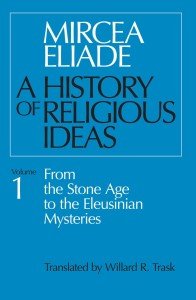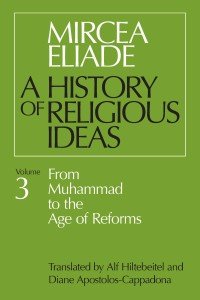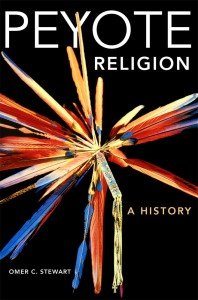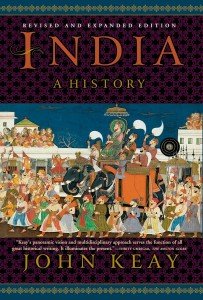Exploring the Evolution of Religious Beliefs:
A Critical Review of A History of Religious Ideas, Volume 2
Mircea Eliade's book A History of Religious Ideas Volume 2: From Gautama Buddha to the Triumph of Christianity" explores the development of religious ideas from the time of Gautama Buddha to the rise of Christianity.
The book demonstrates Eliade's extensive research and in-depth knowledge of the subject. He draws from a wide range of sources, including ancient texts, archaeological findings, and anthropological studies, to present a comprehensive and detailed account of the evolution of religious ideas during this period. This makes the book informative and adds credibility to his arguments.
One of the key strengths of this book is Eliade's ability to present complex ideas in a clear and accessible manner. He breaks down the history of religious ideas into distinct chapters, each focusing on a particular religious tradition or concept. This makes it easier for readers to follow the chronological development of these ideas and understand their significance in the larger context of human history.
Another noteworthy aspect of this book is Eliade's unbiased approach to the subject. While he was a scholar of religion, he did not impose his own beliefs or opinions on the reader. Instead, he presents the facts and interpretations of various religious traditions, allowing readers to draw their own conclusions. This makes the book a valuable resource for both believers and non-believers alike.
One of the most fascinating aspects of this book is Eliade's exploration of the interactions between different religious traditions. He highlights the exchanges and influences between Buddhism, Hinduism, Judaism, and Christianity, shedding light on how these traditions have shaped and been shaped by each other. This adds depth to the narrative and emphasizes the interconnectedness of religious ideas throughout history.
One minor criticism of the book is that it can sometimes be quite dense, especially for readers unfamiliar with the subject matter. Some of the concepts and terminology used may be difficult to grasp for those without a background in religious studies. However, these sections can still be understood and appreciated with patience and attention.
In conclusion, A History of Religious Ideas Volume 2: From Gautama Buddha to the Triumph of Christianity" is for anyone interested in the history of religion. Eliade's thorough research, straightforward writing style, and unbiased approach make this book valuable to any religious studies library. It not only provides a comprehensive overview of the development of religious ideas but also encourages readers to think critically about the role of religion in shaping human societies. I highly recommend this book to anyone seeking a deeper understanding of the complexities of religious thought and its impact on our world.






